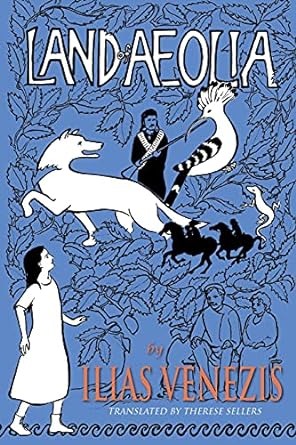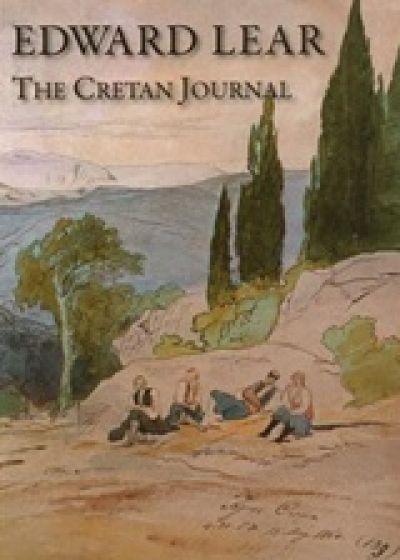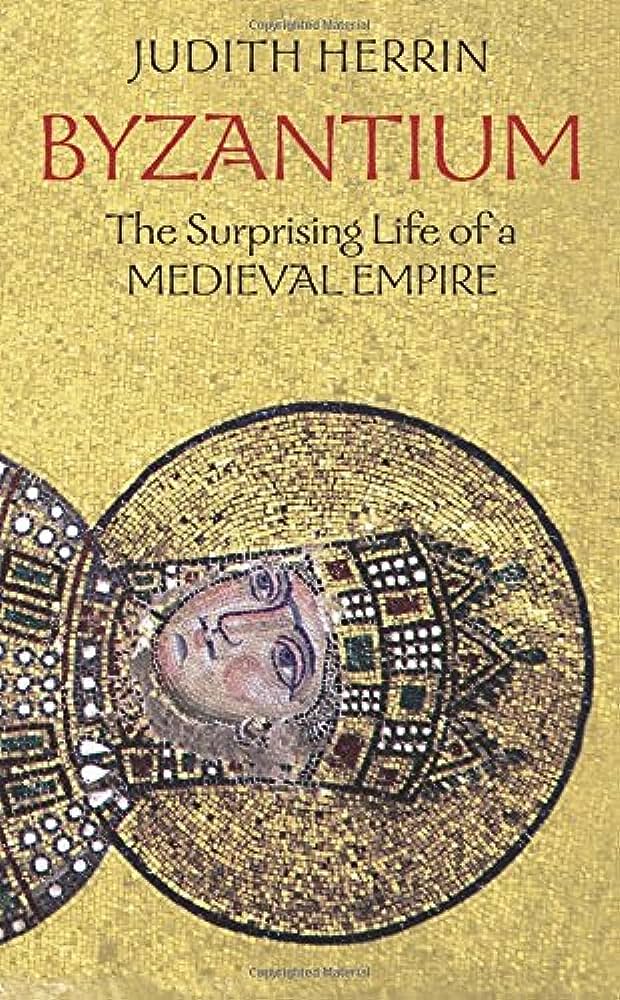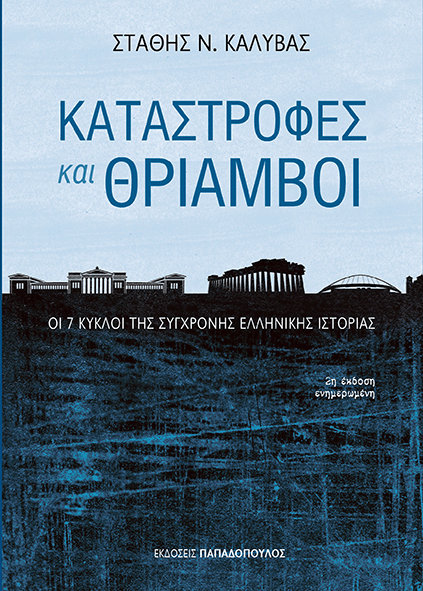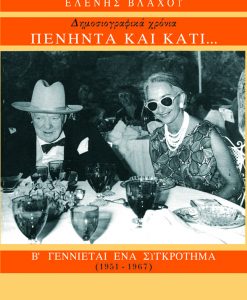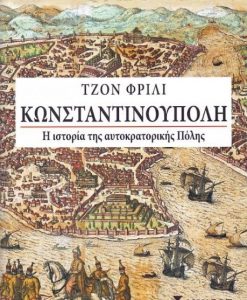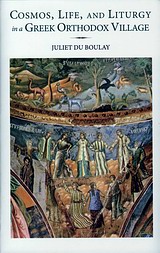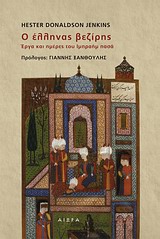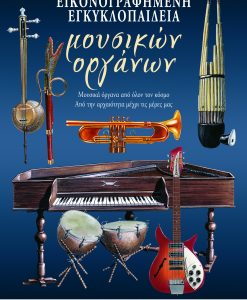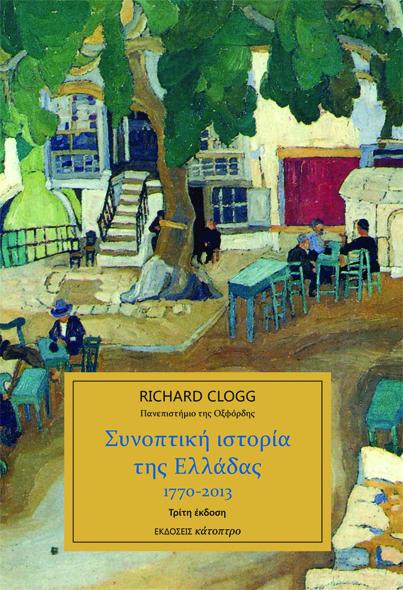Land of Aeolia
18,00 €
This present translation brings one of the most beloved works of modern Greek literature to readers of English for the first time in its entirety. Land of Aeolia tells the story of the author’s childhood summers in Anatolia before World War I, before the Greek genocide, the Greco-Turkish war, the author’s captivity by the Turks, and before the exchange of populations between Greece and Turkey in 1922 that led to the permanent loss of his homeland. It is a testament to the power of literature to evoke that which is irrevocably lost.In this story of his childhood, half fiction, half truth, Ilias Venezis describes and affirms a world in which the lives of humans, be they smugglers, saints, brigands, farmers, camel drivers or children, are reflected in nature — in her mountains, rivers, trees, eagles, bears, eels, and lizards, and all her manifestations — and therefore share an innate affinity with her mysterious world.The book includes a prologue by Bruce Clark, author of the prize-winning study of the exchange of populations between Greece and Turkey, Twice a Stranger, as well as explanatory and biographical notes and a glossary of Greek and Turkish words.

